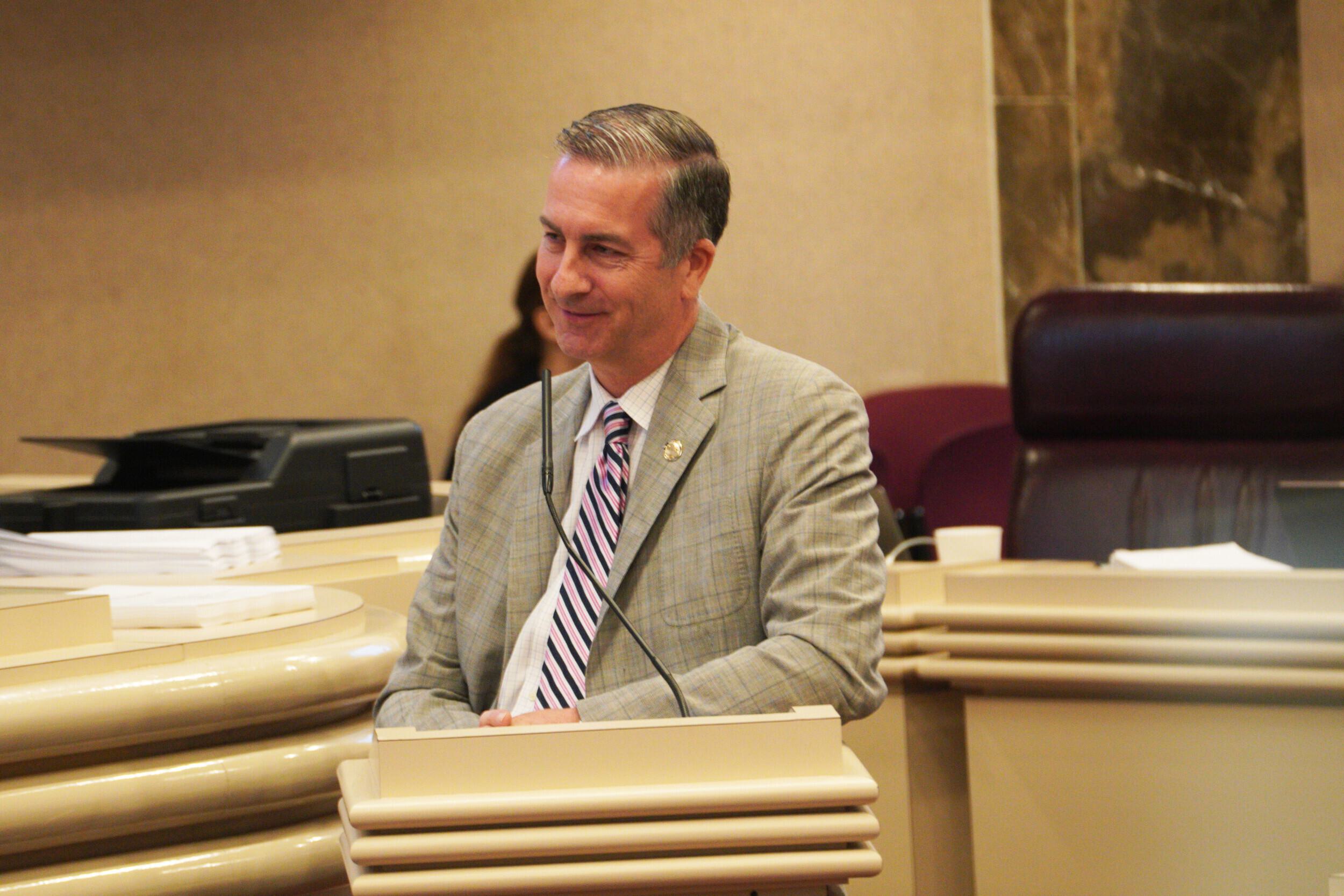Sine die came and went without House Bill 209 (HB209), legislation that would have cracked down on so-called ballot harvesting, getting a vote on the State Senate floor.
The bill, sponsored by State Rep. Jamie Kiel (R-Russellville), aimed to crack down on ballot harvesting. It is described as a practice whereby political operatives collect absentee ballots from voters and drop them off at polling places or election sites.
On Thursday, the U.S. Supreme Court ruled the congressional districts designated by the Alabama Legislature during a special session in 2021 violated the Voting Rights Act.
The high court's decision will likely result in the creation of two minority-majority districts to be included in Alabama's seven congressional districts. Potentially, those new districts will be in play as so-called "swing districts," meaning they could have competitive general elections.
During an interview with FM Talk 106.5 on Friday, Kiel said the ruling emphasizes the importance of measures to prevent ballot harvesting and shoring up election security.
"Obviously, I don't think anyone saw that coming yesterday, but it does make the ballot-harvesting issue even more relevant than it was even three days ago when we were in session," he said. "That is a real issue I think is going to come on the forefront of election security issues, not only in our state but nationwide. You're going to see it talked about more and more in the next year."
The Franklin County lawmaker said he had expected the legislation to make it through the Senate but was unsure why it did not get a chance.
"I don't [know what happened in the Senate]," Kiel said. "We thought that we had good support in the Senate. We obviously had support of leadership in the House. Speaker Ledbetter was willing to put the bill forward and we got it passed through the House committee to the House floor. Obviously, there was a filibuster but we were able to move past that and get it passed. We thought we would be able to move it in the Senate, also. We got it through committee. There was some concern all the way through — well, there was noise from advocacy groups about how it would affect people who were disabled or who were blind. We heard from those folks in both chambers and the committee and actually took amendments to engross in the bill that this would in no way affect someone who was disable or blind or couldn't read or write. They could ask anybody they wanted to to pick up an application, fill out an application, help them with a ballot, whatever. We heard those concerns."
Kiel was also critical of the media for its portrayal of the legislation.
"You know, the media ... especially the TV media, they were disingenuous in the way that they portrayed the bill as far as who would be affected," he added. "It almost always came back to people who were disabled would not be able to vote. And it's just not true. I appreciate those like yourself who put the truth out there but the mainstream media was just not willing to do that."
Jeff Poor is the editor in chief of 1819 News and host of "The Jeff Poor Show," heard Monday-Friday, 9 a.m.-noon on Mobile's FM Talk 106.5. To connect or comment, email jeff.poor@1819News.com or follow him on Twitter @jeff_poor.
Don't miss out! Subscribe to our newsletter and get our top stories every weekday morning.









